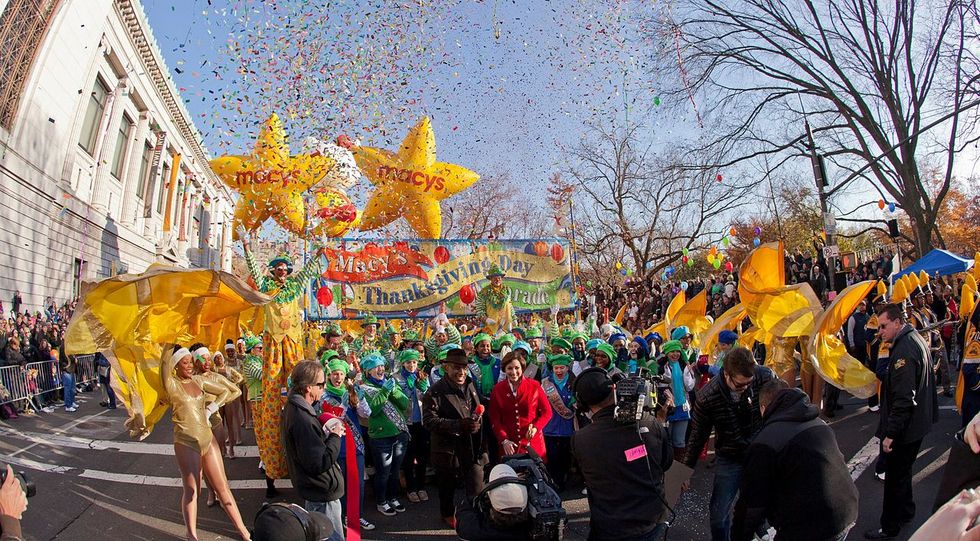Some of you may have seen the official Tinker Bell movie that came out in 2008. If so, you probably thought that it was a sweet movie about learning to love yourself, which almost seems to be the theme. However it is much more dark.
In this movie, Tinker Bell is born and then forced to pick her talent, except, the talent really picks her. Tinker Bell has no real choice in what job she will do for the rest of her life. She becomes a tinker fairy, one who will build useful objects for all the other fairies. These other fairies include animal, water, light, garden, fast flying, and dust keeping fairies. Upon reaching the home of the tinker fairies, she realizes it's in a ditch, and isn't as appealing as the other fairy homes. Once she realizes she will be stuck making bowls and such her whole life she is fed up; she no longer wants to be a tinker. Thus begins her trying to adapt a new talent. No matter how hard she tries she cannot be another type of fairy. Through this, she decides she does, indeed, love being a tinker.
This may seem like a happy-feeling love yourself message, but it is more like a classism message. Classism is abiasedordiscriminatoryattitudebasedondistinctionsmadebetween social or economic classes. Not only is this showing that some "talents" or occupations are better than others, but it is also the corporation's way of telling people to stay in the place where they are, no matter how awful. This is an idea that people are born into the areas that they are for a reason, and shouldn't challenge that. This story is teaching children to not deviate from what situation they were born into. This also has the subtle lesson to not follow their dreams. Tinker Bell dreams and wishes on being anyone but herself, and even tries to run away, before settle for tinkering the rest of her life.
Anyone who has read anything written by Michael Parenti or Howard Zinn, two political scientists critical of capitalism, would find this movie fishy as well. As can be seen in Parenti's book Democracy for the Fewthis is a common occurrence from corporations--that is to train people not to deviate. In that non-fiction book Parenti mentions that only a few corporations own almost all of the televised media America sees today. The fact that Disney is adding classist ideas to this children's movie shows that corporations really are in control of our society, and who knows what other thoughts Disney has placed into our heads.







 StableDiffusion
StableDiffusion











